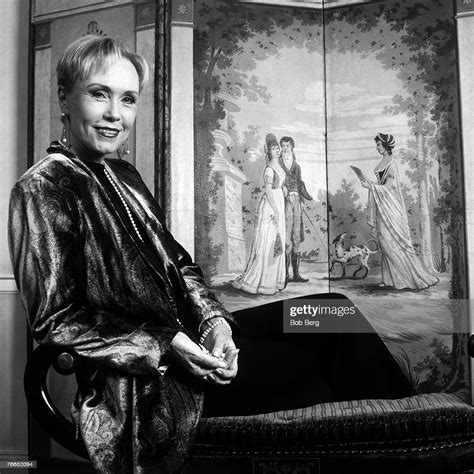A Quote by Alexis de Tocqueville
Laws are always unstable unless they are founded on the manners of a nation; and manners are the only durable and resisting power in a people.
Related Quotes
This is another thing which I really like investigating in my novels: what is it that makes an intimate society, that makes a society in which moral concern for others will be possible? Part of that I think are manners and ritual. We tried to get rid of manners, we tried to abolish manners in the '60s. Manners were very, very old-fashioned and un-cool. And of course we didn't realise that manners are the building blocks of proper moral relationships between people.
What my children appear to be on the surface is no matter to me. I am fooled neither by gracious manners nor by bad manners. I am interested in what is truly beneath each kind of manners...I want my children to be people- each one separate- each one special- each one a pleasant and exciting variation of all the others
Let not men then in the pride of power, use the same arguments that tyrannic kings and venal ministers have used, and fallaciously assert that women ought to be subjected because she has always been so.... It is time to effect a revolution in female manners - time to restore to them their lost dignity.... It is time to separate unchangeable morals from local manners.







































